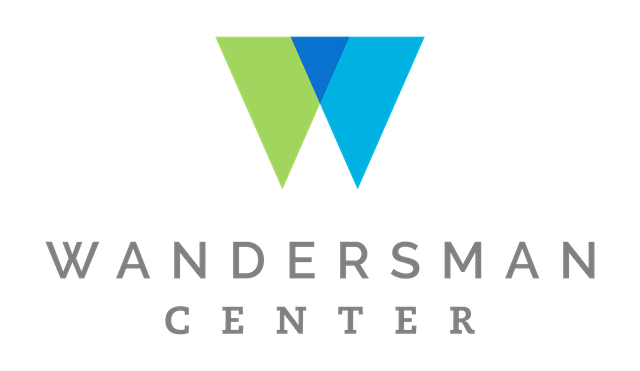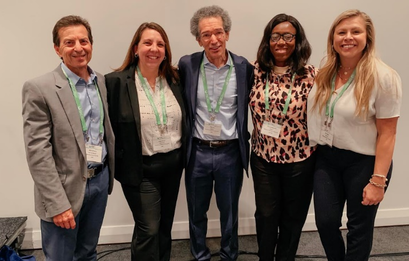 This past month has been a whirlwind for the Wandersman Center. In addition to being on opposite sides of the globe this past month for two of the premier implementation conference...
0 Comments
Prevention. We (mostly) all agree that it is important. Still doing prevention is hard. And when you are trying to implement prevention programming for complex, multi-factorial problems - like sexual assault and harassment - it can be really hard.
As we close out a productive summer with many kiddos headed back to school (or starting school in the first place), we take stock of what’s happened over the past month.
Transitioning the RWJF Work to a New Phase. Over the past year, we were generously funded by the Robert Wood Johnson Foundation to research the application of the R=MC^2 readiness model in four different settings.
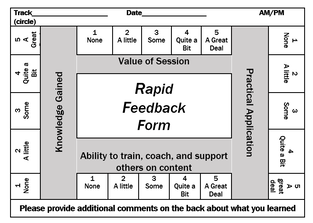 Evaluation doesn’t have to be a long, drawn out process. Sometimes you might want to find out quickly how a training, meeting, or learning session is working. We’ve got a tool for that! The Rapid Feedback Form (RFF) is a short and sweet assessment that captures how gains in knowledge, perceived session value, and perceived practical applicability. We’ve also added some modifications to account for training-of-trainers settings. 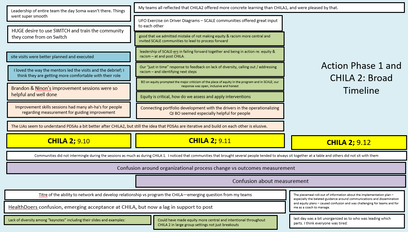 The great Paul Howard of the Institute for Healthcare Improvement (IHI) and I wrote this a few months ago to talk about our use of the Critical Moments Methodology for the American Evaluation Association's Community Psychology week. In the hustle and bustle, I neglected to cross post here. So enjoy!
Our team and colleagues published a brief for the U.S. Department of Health and Human Services a few years ago (HHS; Dymnicki, Wandersman, Osher, Grigorescu, & Huang, 2014) which defines the policy implications of readiness. There are three implications listed which we believe are very important for the implementation of readiness! In this blog, we discuss these implications, what they are, and what you can do.
**note: this post was written by Lauren Hurley, an undergraduate working with us in the Spring 2019 semester. It's critically important that implementation ideas be accessible to a broad audiences. This is one student's translation of some earlier work we did.*** We know what’s important for implementation success: consistent leaders, a supportive environment, the ability to see early wins, a charismatic champion, and many other elements. But are all these things important ALL the time? No organization has the time, funds, and buy-in to consistently measure and build all these elements. So when should we spend time boosting the champion’s visibility, versus trying to build up relationships between organizations?
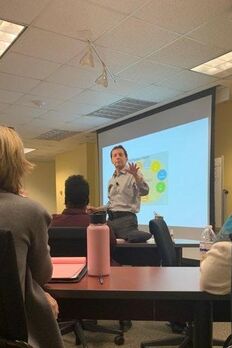 On January 10th, partners for a statewide family engagement in schools initiative, the Carolina Family Engagement Center, gathered in a cozy conference room at the University of South Carolina. Participants represented a variety of organizations and agencies devoted to supporting the children and families in the state, including the South Carolina Department of Education, SC Center for Fathers and Families, SC Children’s Trust, the University of South Carolina Parent Advocacy Group, The Consortium for Latino Immigration Studies, Family Connection, PASOs, SC School Improvement Council, and The Center for Excellence at FMU, to name a few. The purpose of this meeting was to provide an initial orientation to Getting To Outcomes® (GTO) and the R=MC2 organizational readiness model, both of which will be used to help schools improved the ways in which they engage families 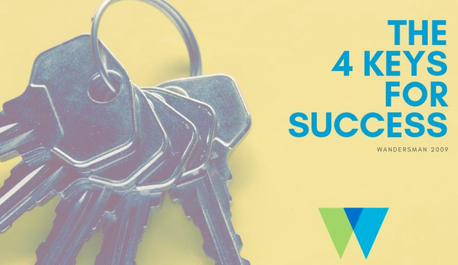 Making good things happen in organizations like schools requires more than a good idea. The idea needs to be supported, implemented, and evaluated with quality. In Abe's 2009 article, Four Keys to Success (Theory, Implementation, Evaluation, and Resource/System Support): High Hopes and Challenges in Participation), he talks about the components that are needed to promote success.  Yesterday, our team met with representatives from Serve and Connect to talk about how readiness could be applied to scaling and improving their work in police-community relations. Using readiness is already a part of a project they are implementing in the 29203 area code in Columbia, SC that looks to improve youth outcomes. Over the past few days, we've been talking about how to move a practical implementation science forward in 2019. We are very fortunate to be joined by colleagues from the University of Texas Health Sciences Center (Maria Fernandez), the University of North Carolina's Center for Medication Optimization (Melanie Livet), and the University of North Carolina-Charlotte (Victoria Scott).
Look for progress in Change Management of Readiness in the coming months... One of our central premises is that readiness is applicable to multiple settings and multiple innovations. The Robert Wood Johnson Foundation has generously funded research into how readiness can be measured, built, and used in decision-making process across FOUR distinct projects, bound together by a common thread of enhancing the tangible application of readiness.
Relationships between police and marginalized communities have a long history of tension in the United States. Research indicates that marginalized communities, especially low-income, minority populations, experience the greatest distrust in police. This distrust is grounded in generations of adverse police experience, such as those experienced during the Civil Rights movement, and are magnified by recent highly publicized shootings of unarmed individuals of color. These events have been associated with heightened trauma in minority communities. Overall, the strained relationships restrict access to resources needed for building community safety and reduce well-being among marginalized populations.
With the support of Robert Wood Johnson Foundation, Serve & Connect* and the Wandersman Center are seeking to develop and test a model for fostering police and community partnerships that is based on a readiness x relationships framework Some work we did about as year ago in Himchal Pradesh, India was nominated for Best Poster at this year's NIH Dissemination and Implementation Conference. This was the first time that the then-named Readiness Monitoring Tool (now the RDT) was used cross-culturally. Since this work concluded, we have also applied readiness concepts in French and Thai-speaking settings.
Also, we didn't win. However, you can check out the results below. We've also added a four-page handout to our tools section that goes into a little more depth on this work. There's plenty to be thankful about as 2018 draws to a close. Our group is finally off the group and spreading the work about readiness and evaluative thinking. We've had great response to our 2017-2018 Annual Report and Readiness Thinking Tool. And there are some babies on the way.
Hoping you all can spend the holidays with those who are important to you! Applied evaluation can be kind of opaque. I talked about our work and the values behind it on the Everyday Evaluation podcast. It came off pretty good, except for the part when I start going off into space talking about big data and machine learning.
When orienting stakeholders, we often find it very helpful to engage them in Readiness Thinking. Readiness Thinking involve considering, on a high level, whether an organization or a team is willing and able to implement a change. To help make this more concrete, we then break down what it means to be willing (motivation) and able (innovation-specific and general capacities.)
In the Readiness Building Systems section of our website, we uploaded a tool that you can use with yourself, or your stakeholders, that can make readiness more concrete. Happy Changing! Hello fellow traveler! We're glad you've stopped by our little corner of the internet. Our group is creating some amazing and power implementation support tools, so please reach out to us to find out more.
If you have some time to kill in the car or on the elliptical, also check our my interview on the Everyday Evaluation podcast. I talked about the scope of improvement work, and how it aligns with the values of community psychology. http://everydayevaluation.libsyn.com/website |
Categories
All
Archives
September 2023
|

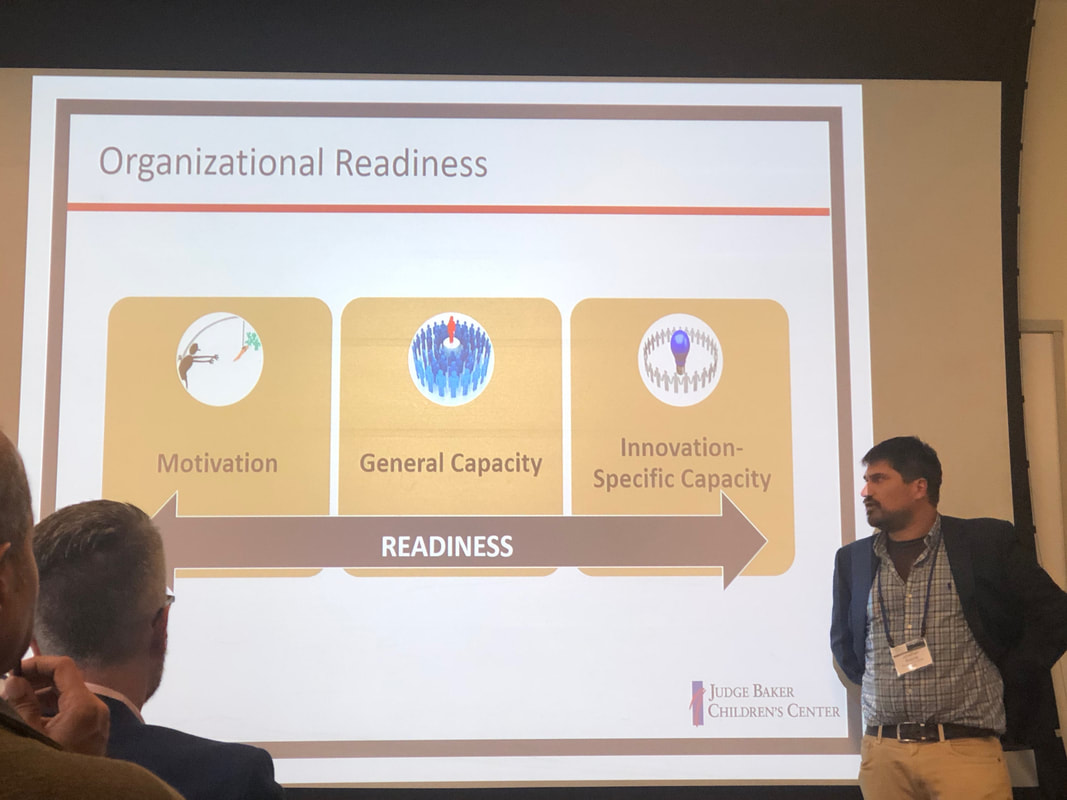
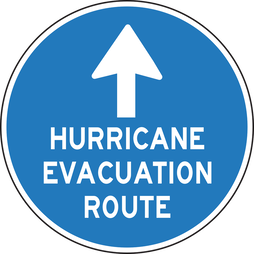

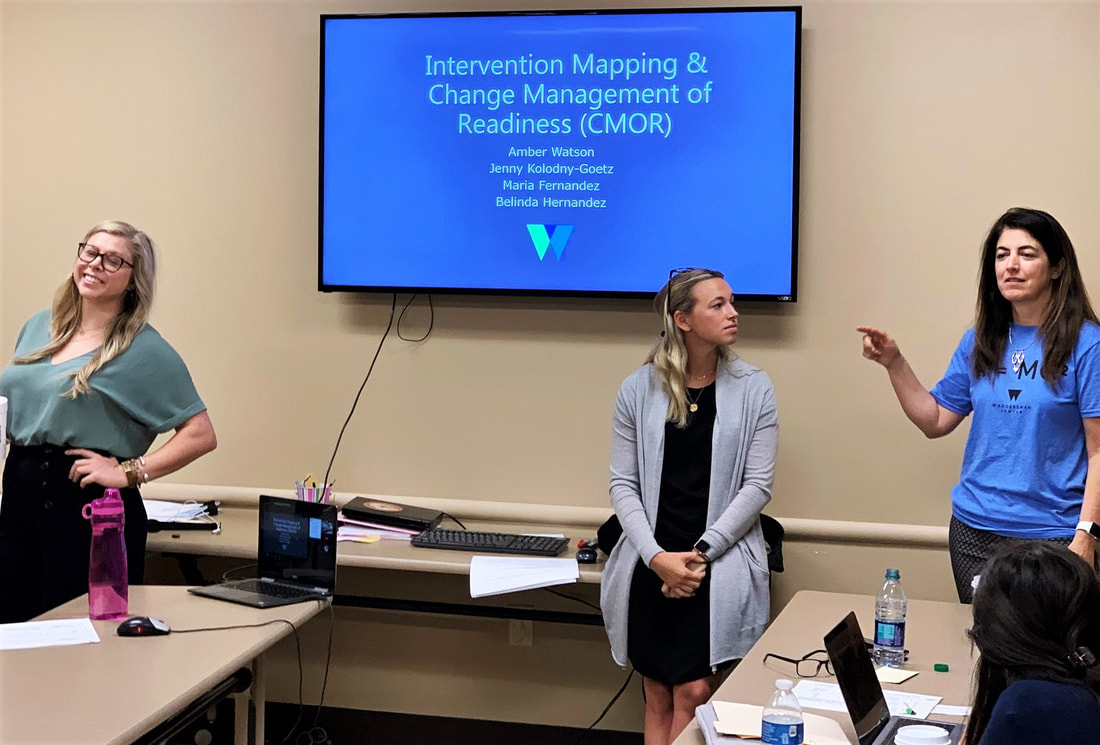
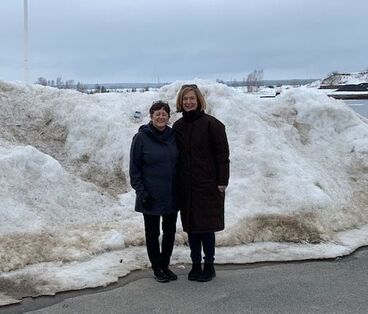
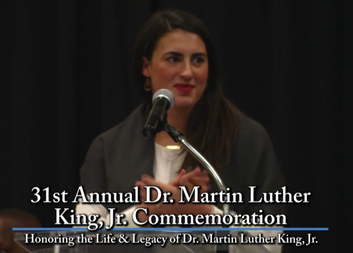
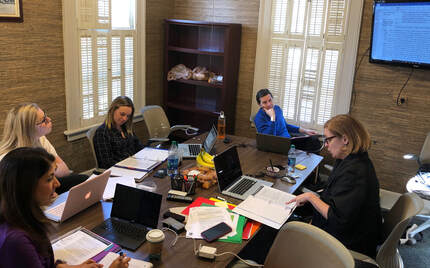
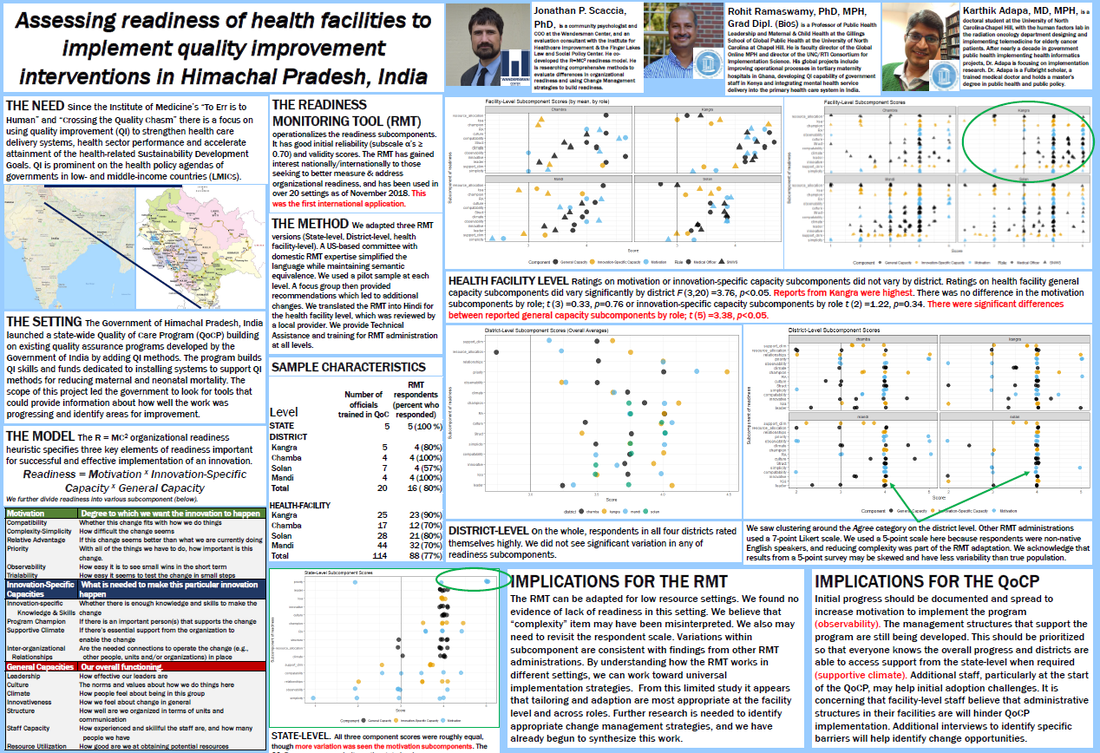
 RSS Feed
RSS Feed
